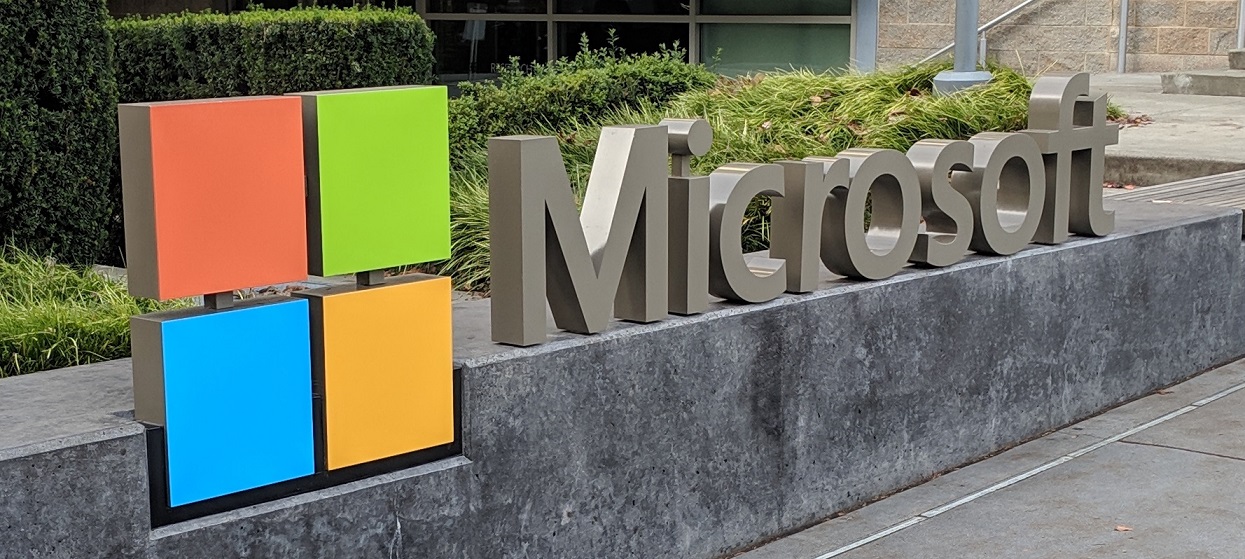Preparing for an interview is stressful and really difficult, on the other hand, I have also also found it to be difficult to prepare and design an interview that is fair, equitable and gets your company or team the type of candidate you need. The people involved in this process are probably managers or senior engineers (in my case) and I noticed they generally rely on intuition to find the right person, often without a specific method which can then lead to you attempting to recreate whatever interview process led to your own success.
Most interviews I have been involved with fall into two categories the "pop quiz" or the "in depth talk about your past projects and problems".
My belief is that there is a fundamental problem with both strategies. The pop quiz is intimidating in almost every way, you are asking someone to win a game of Jeopardy on the most stressful day of their life, while their future career and possibly the careers and opportunities of their progeny hangs in the balance.
The second scenario relies on the interviewer gaining enough background on the interviewee to ensure that you have a steady stream of probing and relevant questions. How do you really know how much any developer or manager actually contributed to a project the list on a resume?
With these obvious flaws what alternatives do we have?
Well I recently interviewed for a Program Manager position at Microsoft with the Visual Studio Diagnostics team and the strategy was none of the above. Of course I still had the standard opening interview related to my skill set and background but the main interview was not a pop quiz or an interrogation of my past.
My interview essentially broke out as follows:
- I was given background and source information on an actual problem that Microsoft's clients have faced (a day or two before the interview).
- Each of the five problem solving stages was overseen by a veteran Program Manager.
- I was asked to lead the development of a solution at each these stage on a white board while being gently steered by the interview team.
- At the end of the interview I would present a fully realized solution, albeit on a much smaller scale and faster timeframe.
I have to admit I felt the first hour was rough, I am straightforward problem solver by nature and practice, but this process was more expansive and deliberate than that. It was during this interview that I firmly realized that I wanted to be a Program Manager even if this particular interview did not work out for me… thankfully it did.
The biggest take away from the interview was that the main focus of a successful PM was to help identify the highest leverage activities for the product or feature, and further that the team has no impediments in meeting those goals.


Comments are closed.